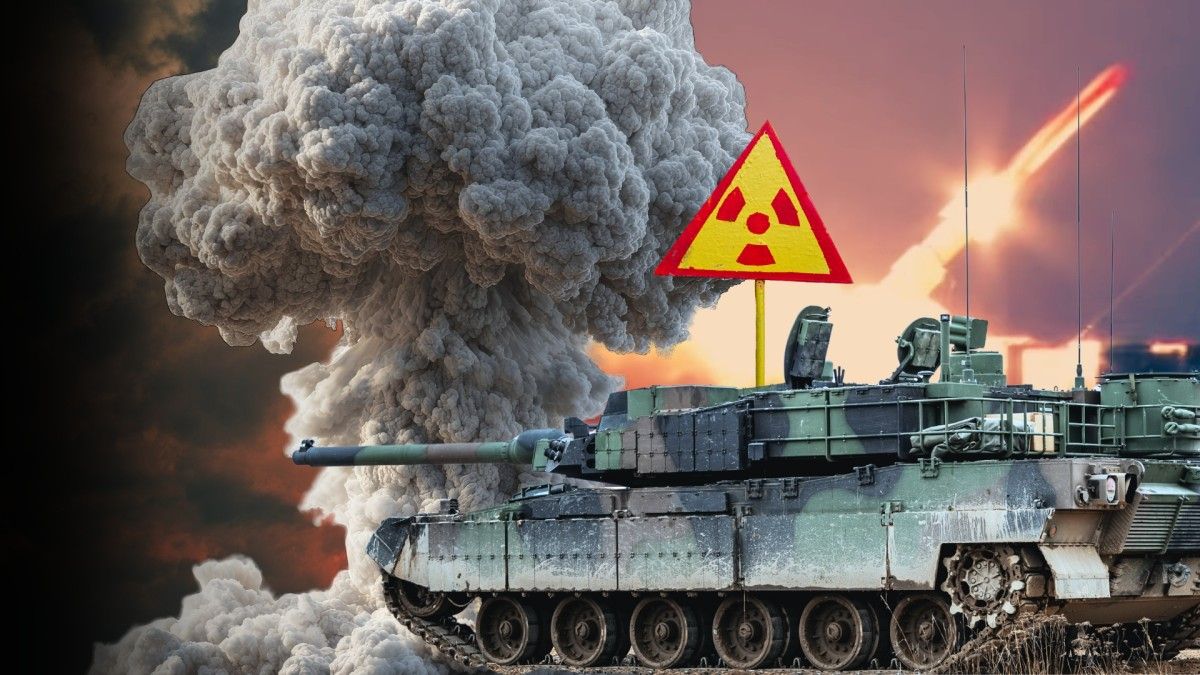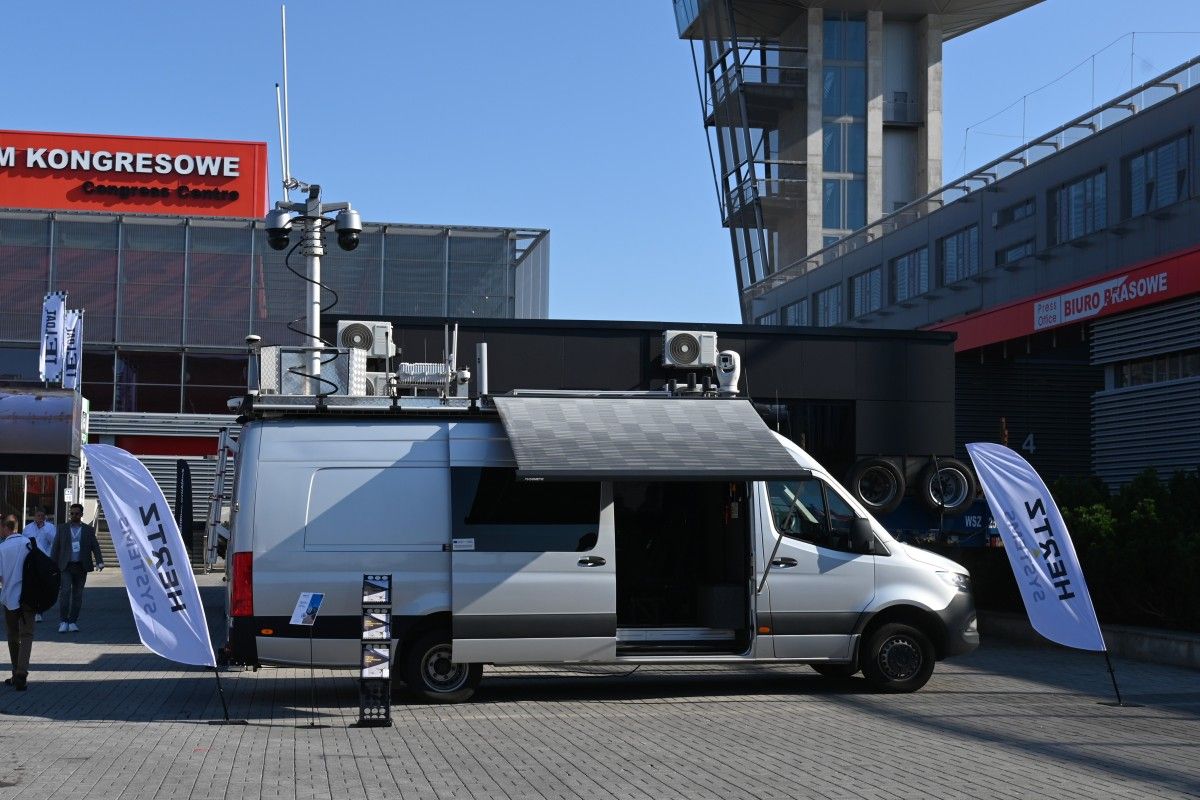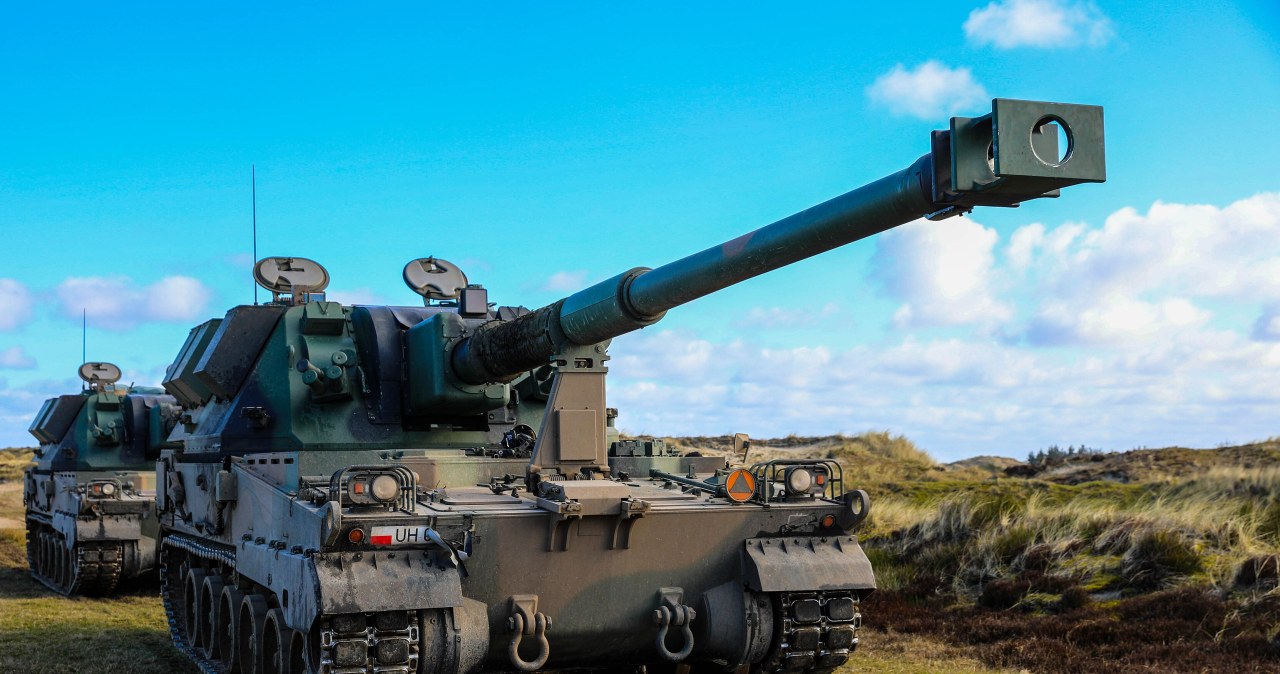They supply food, transport equipment, repair... Although military logistics has already faced major challenges on abroad missions, they admit that the flood relief operation requires greater involvement. This includes both assistance to the population and the safety of soldiers and military equipment.
Thousands of servings of food and hundreds of litres of bottled water and beverages are spent regular on the local population. Tens of drinking water tanks are supplied to larger villages, towns and cities. At the same time, they supply facilities for thousands of soldiers from the armed forces who have been directed to aid measures. They supply them regular meals, transport the essential engineering-saper equipment and care for its efficiency.
The fight against the flood, and since 23 September cleaning up water-damaged areas, is 1 of the largest logistics operations of the Polish Armed Forces over the last decades. Though at first, she took on the burden 10th Logistics Brigade from Opole and Armed Forces Support Inspectorate from Bydgoszcz, it is now active in the action to a greater or lesser degree all logistics units of SZRP.
From Day One
The Polish army moved to aid the population In the Kłodzka Basin, as shortly as the dense rainfall began, or September 12. Soldiers of the 16th Lower Silesian Territorial defence Brigade, who together with firefighters and police officers were the first to appear in the endangered areas to strengthen the shafts and evacuate the population. Although according to the rules, the territorials were supplied with dry rations for 3 days, logistics began to prepare as early as 12 September to safe the feeding and lodging of soldiers for a longer stay. Major military forces were besides being deployed to flood areas, including, in particular, engineering sub-chapters along with dense evacuation-saper equipment.
On low-carriage kits, which usually carry tanks and BWP on public roads, the first was to be moved to Lower Silesia by floating PTS caterpillar transporters and excavators and loaders. In turn, military trucks carried various types of boats, pontoons, power generators, and sandbags along with shovels.
With the improvement of the flood situation, the number of soldiers active in the relief action was gradually increased. The 10th Logistics Brigade, in order to supply them with a “wikt and pier”, established a container base with a field cafeteria for 4,000 people in its barracks. But that is not all. "Where, for nonsubjective reasons, we were incapable to organize field kitchens, where our logistics was incapable to supply tiny seven-, ten-member teams of warm meals soldiers, the Armed Forces Support Office concluded contracts with local companies for catering for soldiers. This is simply a large solution, which has worked out well – emphasizes Brig-Gen Krzysztof Stańczyk, commander of WOT. The General has been in charge of Operation Feniks since 23 September, which is the second phase of support for the troops for floods. Now the soldiers are helping to rebuild areas destroyed by water.
Rise up after the flood
During Operation Fenix The military helps to destruct the effects of the disaster and rebuild key infrastructure: road and bridge, energy, heating and water and sewage. In order for the army to be as efficient as possible, the General Staff of the Polish Armed Forces decided that alongside the 4 military task groups WOT – WZZ Dolny Śląsk, WZZ Śląsk, WZZ Wielkopolska and WZZ Zachodniopomorskie – there would be additional two: Task Group of Engineering Forces (ZZWI) and Task Group of Logistics (ZZL).
The first – the ZWI – is liable for all engineering activities within the framework of “Fenix”, i.e. cleaning garbage, rebuilding and strengthening shafts, building crossings and bridges, demolishing dangerous structures. Its main command center is the 1st Bomb Squadron in the Bank. In turn, the Logistics Task Force (ZZL) based in Oleśnica is liable for securing soldiers and equipment for operations in flood areas. It provides not only food but besides clean uniforms and appropriate medical care.
Logistics besides takes care of military equipment utilized as aid actions They handle its transport from various units in Poland to the site of the operation, supply fuel and lubricants and spare parts.
According to the plan of the General Staff of the Polish Army and the Ministry of Defence, the operation of the Feniks will proceed until the end of the year. On the question of how many military logisticsists were, is and will inactive be active in it, soldiers admit that to a greater or lesser degree almost all soldiers from specified units of the Polish Army.











